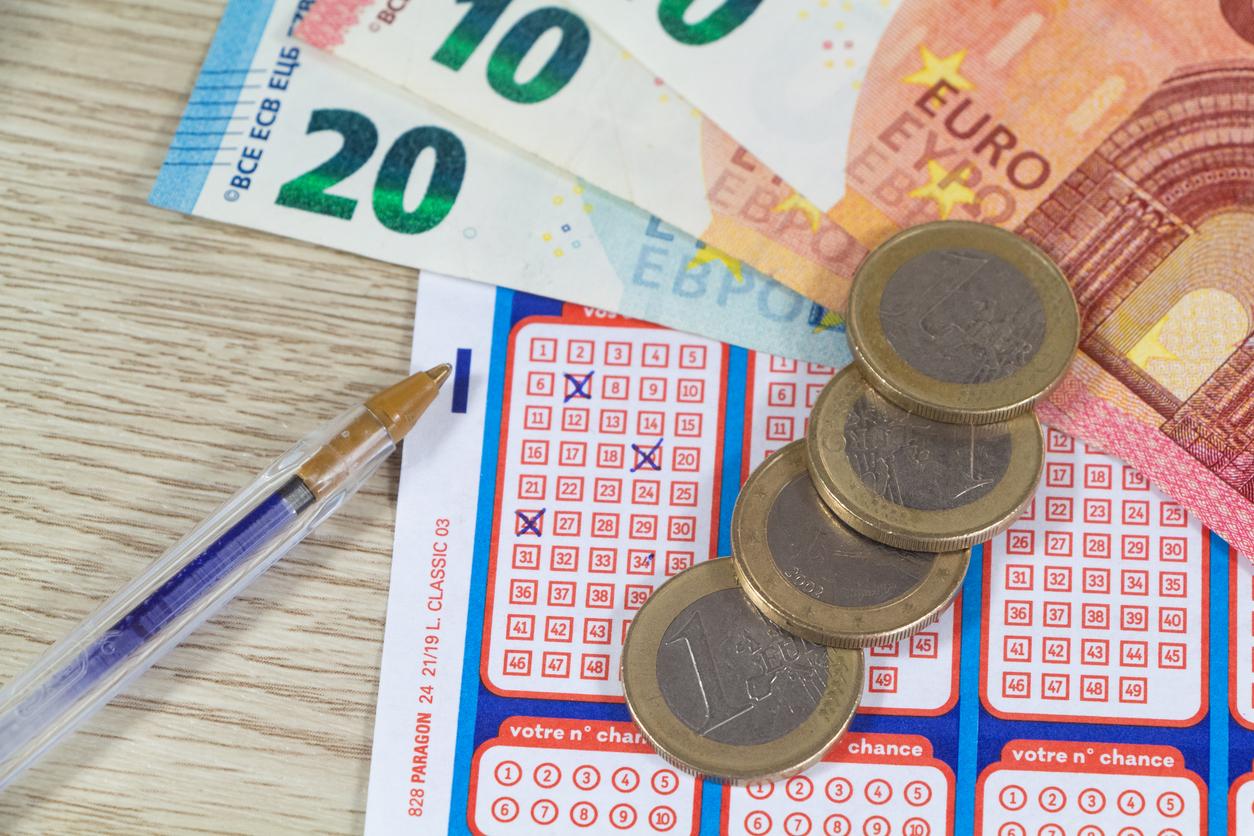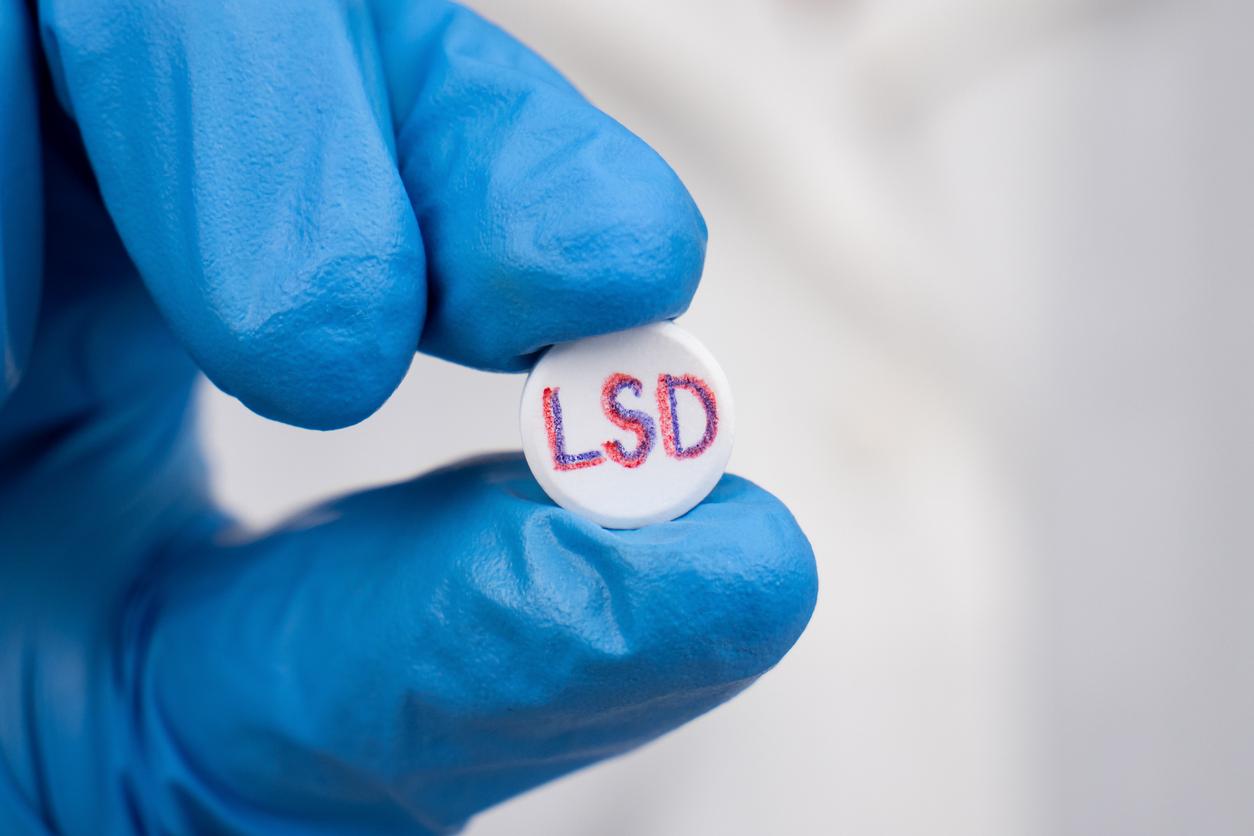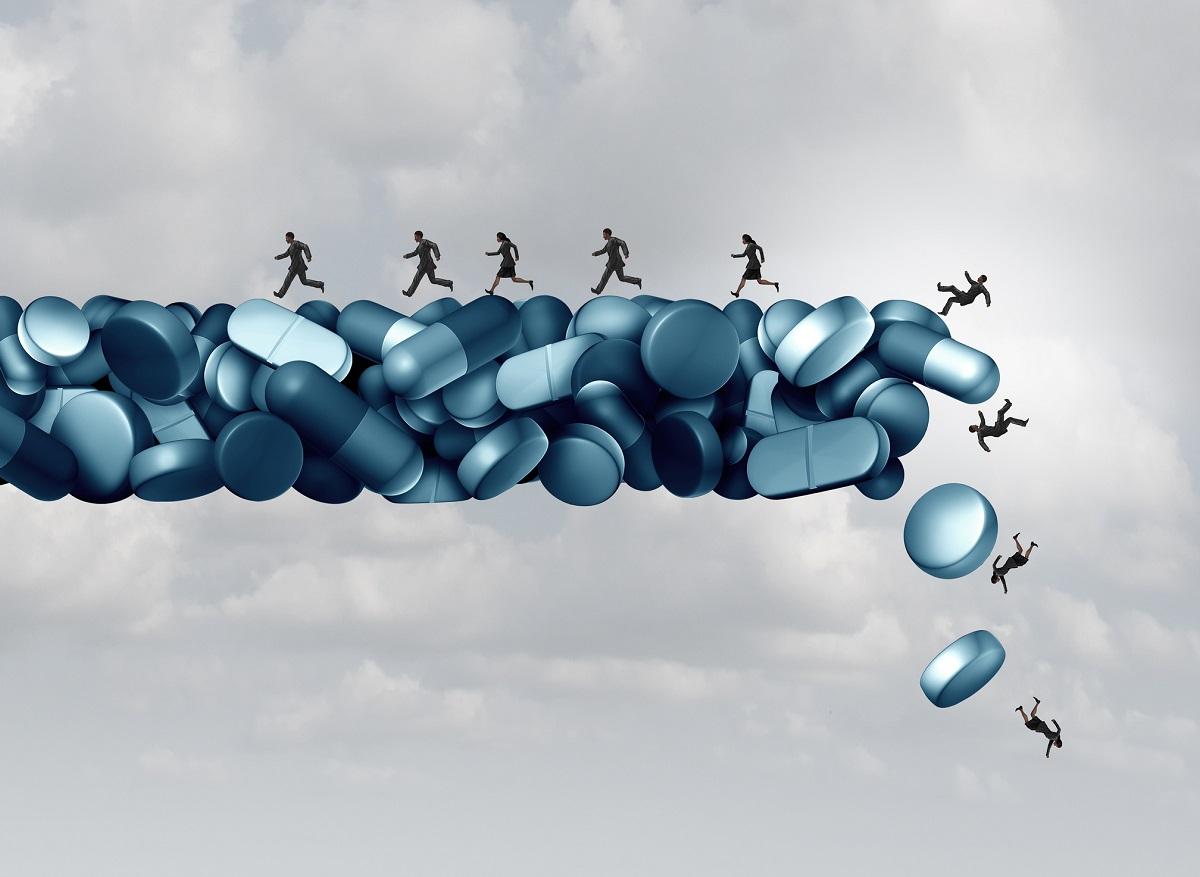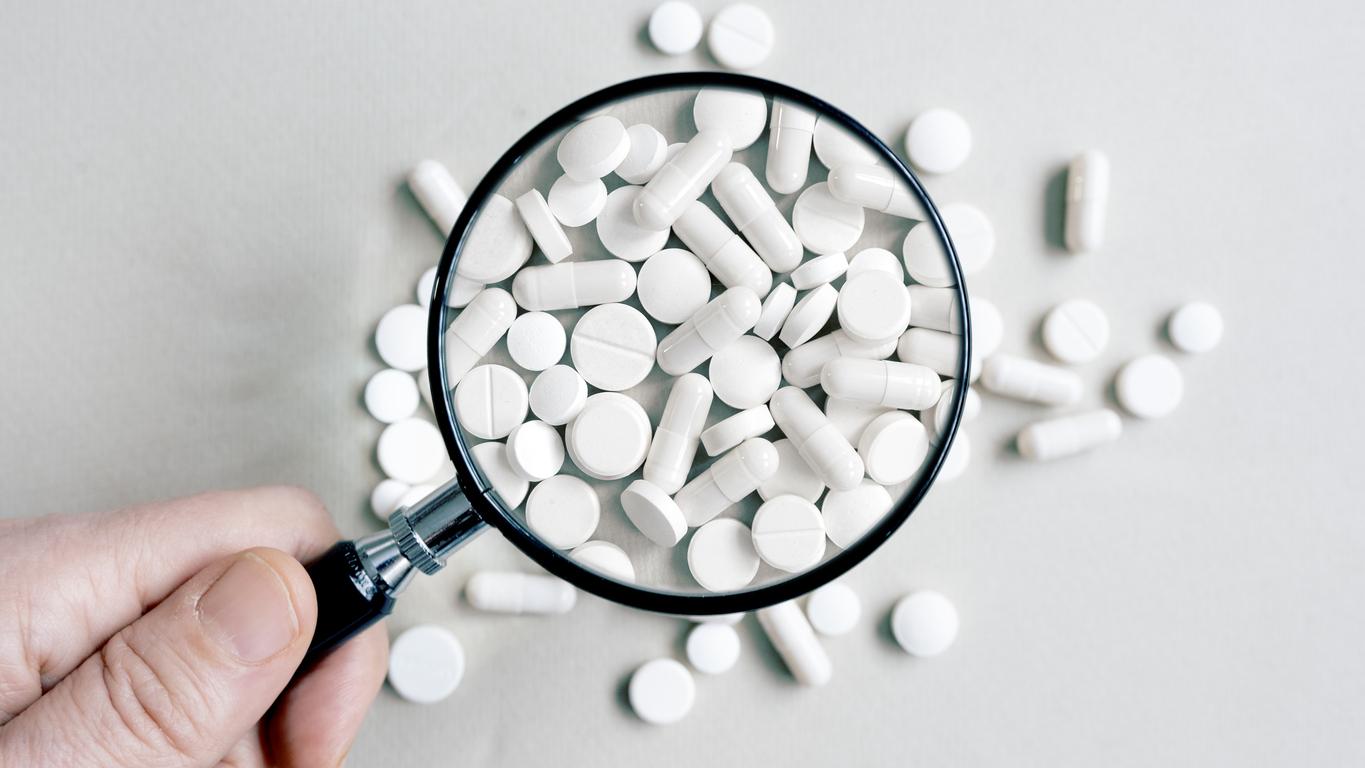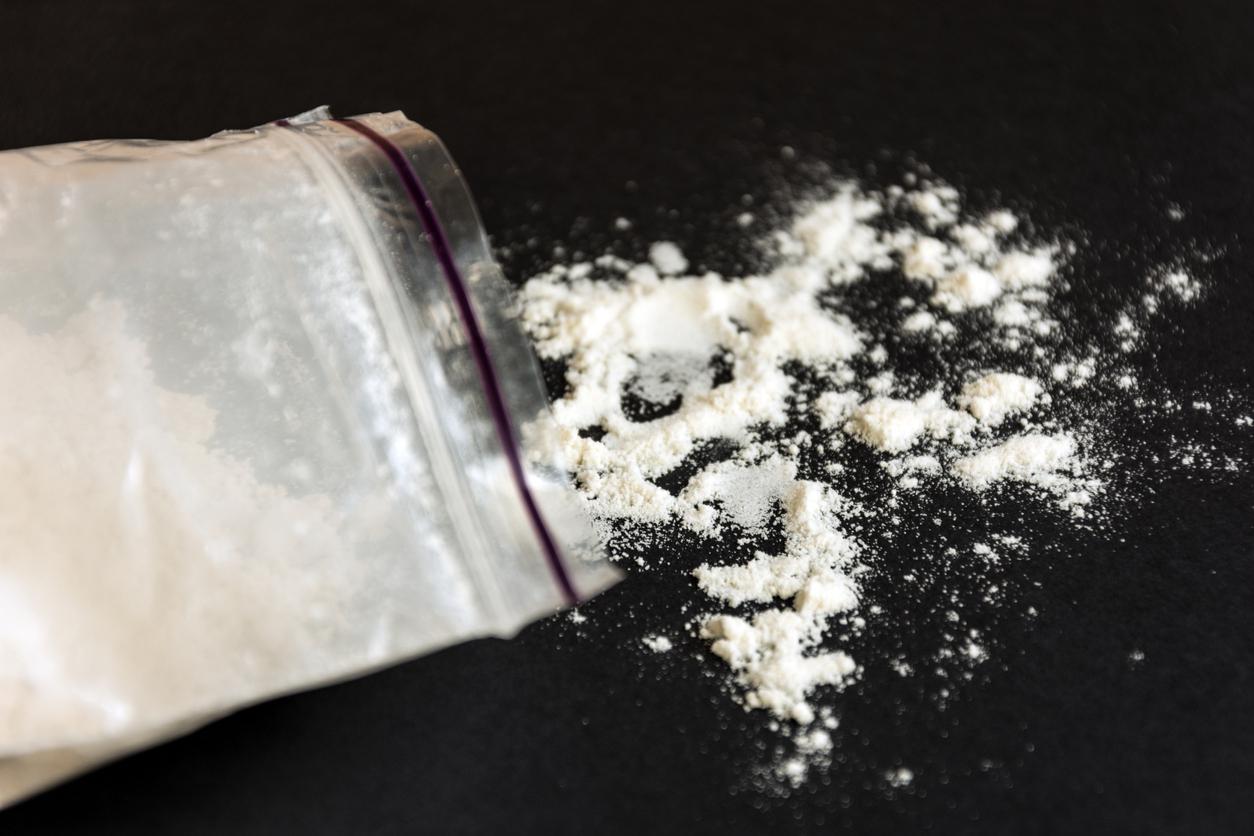Finally, two French studies have confirmed the usefulness of Baclofen in the treatment of alcohol addiction.

The wave of hope that has overwhelmed addictologists and their alcohol-dependent patients could materialize. The preliminary results of two French studies on the effectiveness of Baclofen were presented at the World Congress of Addictology today. They are encouraging, and could lead to a marketing authorization.
The first, called Bacloville, was interested in confirming the safety of the drug prescribed in high doses, but especially its ability to reduce patient consumption. With this in mind, they recruited 320 people with addiction problems, whose possible withdrawal treatments had been interrupted, and for whom it was not asked to stop alcohol consumption.
Effective for more than one in two patients
After one year of treatment, almost 57% of patients have managed to lower their consumption below a limit deemed “medically correct” – four drinks a day – or even to abstinence. In a placebo group, only 36% achieved this.
The second study, Alpadir, was designed to observe the effectiveness of the drug in maintaining abstinence. On this side, the figures do not allow to conclude as to a particular interest: 11.9% of abstainers on Baclofen remained, against 10.5% for patients in the placebo group.
Alpadir, on the other hand, made it possible to confirm the results of Bacloville: the researchers observed a drop in consumption in the two groups of the trial, but especially in the Baclofen group.
A significant placebo effect
In addition to now proven efficacy, the results are boosted by the placebo effect. Baclofen enjoys such a reputation among alcohol-dependent people that it partly influences these good results. For the Bacloville trial, for example, 36% of patients in the placebo group had reduced their consumption, almost twice as much as the results without medication, which hovered around 20%.
For over 10 years, Baclofen, originally used to treat muscle cramps, has shown that it can be useful as part of a withdrawal attempt. But it was in 2008 that his reputation gained momentum. Dr Olivier Ameisen then published a book in which he tells how Balofen helped him in his recovery.
In 2014, a temporary recommendation for use was granted. But conditions accompany it: the drug can only be prescribed in the event of failure of other withdrawal treatments, and can not be for patients suffering from neurological, psychiatric, renal or hepatic impairment.
The addictologists hope that these new results, reassuring on the effectiveness and the side effects, will lead to a marketing authorization, which would remove these constraints.
.












